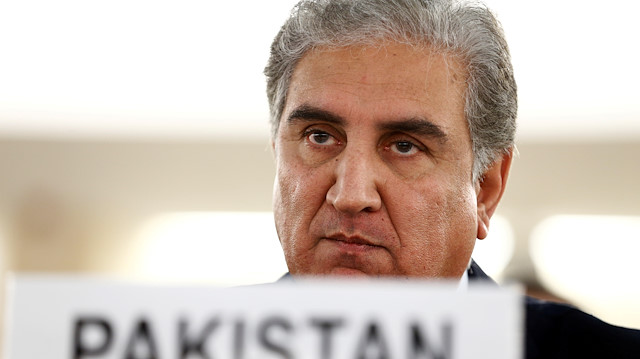
SECTARIAN FEARS
Pakistan is grappling with a severe economic crisis and facing heightened tensions with neighbouring India. Its long land frontier with Iran is rife with cross-border militant activity.
Islamabad has also long had a tense relationship with the United States over the war in neighbouring Afghanistan, where U.S. officials have frequently accused it of supporting the Taliban, a charge Pakistan denies.
But it badly needs U.S. support, both in handling its severe balance of payments problems and in dealing with its nuclear armed neighbour India after the two came close to war last year.
Qureshi said he had discussed the regional situation with the foreign ministers of Iran, Saudi Arabia, Turkey and others.
Pakistan receives aid and buys much of its oil from Sunni Muslim Saudi Arabia, which is locked in a power struggle with Shi'ite Iran across a region where they back opposing sides in conflicts ranging from Syria to Yemen.
Qureshi said he feared Soleimani's death could trigger an upsurge in sectarian tensions, including in Afghanistan.
"We believe this could have a negative impact on Afghanistan, and that its peace process - where Pakistan has played an important role - could be affected and exploited by the spoilers," Qureshi said.
Hello, the comments you share on our site are a valuable resource for other users. Please respect other users and different opinions. Do not use rude, offensive, derogatory, or discriminatory language.
The floor is all yours.








